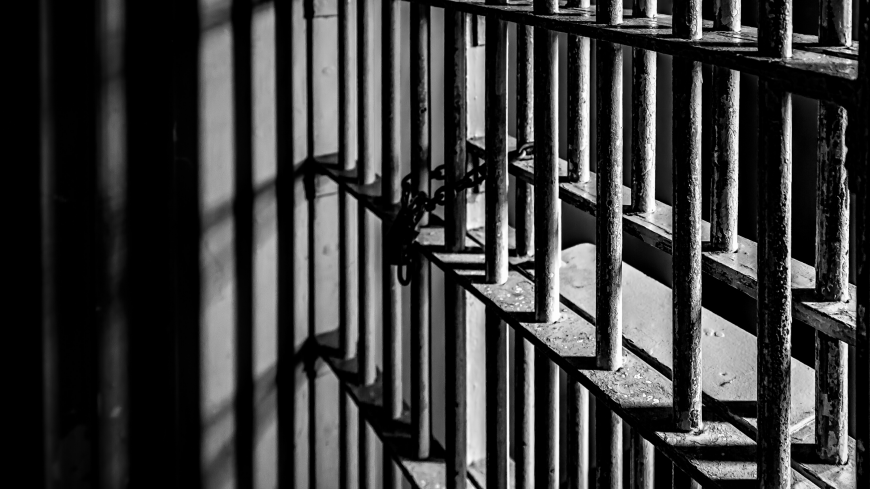
How the penitentiary system protects inmates from the Coronavirus must immediately become a matter of the parliamentary enquiry
The Human Rights and Healthcare Committees of the Parliament of Georgia should use their function of governmental control and immediately inquire about the process of combating the Coronavirus in the penitentiary system. The Committees should summon and hear the Minister of Justice about all the actions that have been taken and planned to protect inmates from the Coronavirus.
According to the information disseminated on January 8 of the current year, a prisoner died as a result of Covid-19 infection.[1]The penitentiary officials declared that the inmate died after being transferred to a civilian clinic and not in prison. This does not diminish the severity of the problem, as the Coronavirus poses a threat to the lives and health of prisoners and it is necessary to examine how adequately the system responds to the challenge. Furthermore, for several days now, the media has been actively reporting on the deteriorating situation in terms of the spread of the virus in prisons.
Combating the pandemic puts all citizens at risk around the world. At particular risk, along with various vulnerable groups, are inmates who cannot have control over themselves, including their own health. In such circumstances, where each prisoner is under the effective control of the state, it is the state that has a double responsibility to protect them.
The double responsibility of the state to protect the lives and health of inmates directly obliges the Parliament to show an interest in the activities of the penitentiary system. In addition, the investigation of this issue by the Parliament and the discussion thereof is the only way to inform the public.
The point is that the penitentiary system, unlike other state bodies, is a closed state agency. The public does not have direct access to the administration within the agency and the day-to-day situation of prisoners. Only individuals with special authority may have the possibility to visit the penitentiary system and learn about the situation there (Public Defender, National Prevention Mechanism, officials of the Parliament, international monitoring mechanisms and other persons narrowly defined by law).
Against this background, the “Democracy Index – Georgia” calls on the Human Rights and Healthcare Committees of the Parliament to summon the Minister of Justice to a session of the Committee and obtain detailed information directly from the minister concerning the following issues:
- The number of inmates currently infected in the penitentiary system;
- The number of persons quarantined;
- The number of persons tested;
- The extent to which international recommendations for the prevention of Covid-19 infection in the penitentiary system are complied with;
- Any additional resources needed to prevent the Covid-19;
- The risks of spreading the virus across the penitentiary system;
- Any side effects the pandemic has posed to prisoners;
- The extent to which and in what manifestations the virus threatens the protection of prisoners' rights;
- Any Corona virus-induced legislative changes required to protect the rights of prisoners.
After reviewing the above information, if necessary, the Committee should develop a report with relevant recommendations and submit it to Parliament for consideration.
[1] https://ipress.ge/new/penitentsialuri-samsakhuris-gantskhadebith-qaltha-datsesebulebashi-kovid-
19-is-23-shemthkhveva-daphiqsirda/
